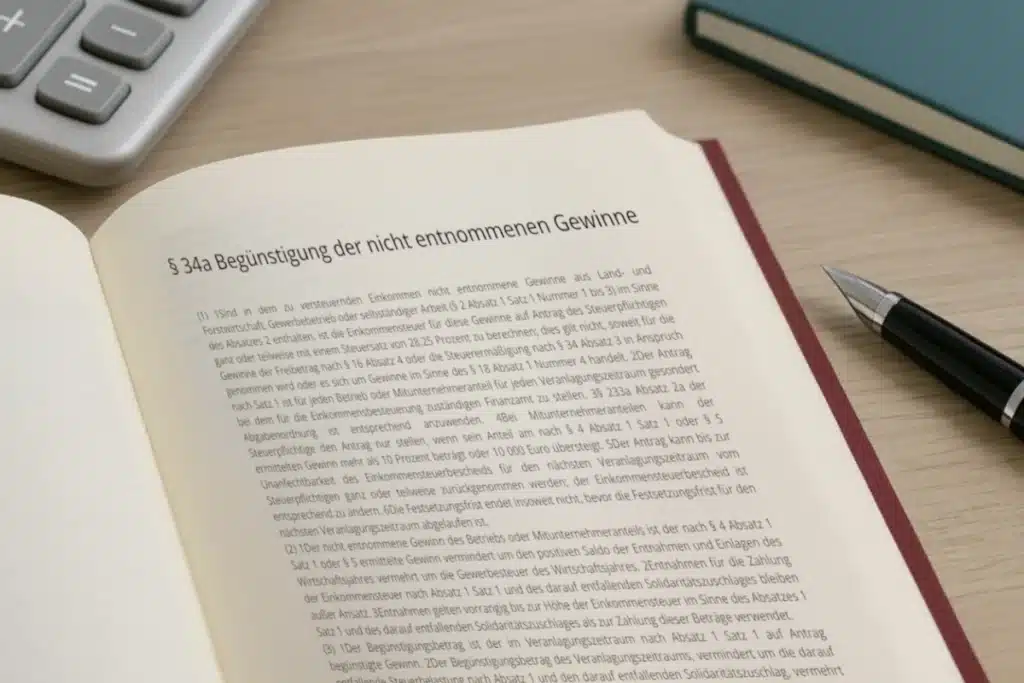The Fund Location Act (FoStoG), which has been in force since 1 July 2021, provides for various measures to Strengthening Germany as a fund location also provides for the introduction of significant simplifications with regard to the extended reduction of trade income for property companies. The aim of this amendment is to ensure that income that is actually harmful will no longer prevent the extended trade tax reduction within certain limits in future.
The previous legal situation: Commercial real estate companies, regardless of their legal form, can claim the extended reduction pursuant to Section 9 no. 1 sentence 1 GewStG (1.2% of the unit value or, from the 2025 tax year, 0.11% of the property tax value) instead of the regular reduction pursuant to Section 9 no. 1 sentence 2 ff GewStG. This requires in particular that the company "exclusively manages its own real estate [...]." In practice, this exclusivity requirement, which has always been narrowly interpreted by the tax authorities and case law, has meant that transactions that are detrimental to preferential treatment have had to be outsourced. To date, such measures have been successful and companies have been able to be exempted from trade tax to the greatest extent possible.
In view of the requirements placed on modern buildings, the regulation was no longer up to date, particularly with regard to environmental policy objectives. With regard to the tiresome topic of operating equipment, for example, it also seemed somewhat petty in terms of the differentiation of harmful components of buildings, which made no sense from an economic point of view. One example of this is the deep-freeze system of a hotel with catering facilities. The distinction between passenger and goods lifts is also difficult to understand. A constant stream of new rulings on the question of what qualifies as a harmful operating device led to laborious inventories and permanent monitoring of any changes within a property, both in terms of ongoing support. Careless taxpayers were quickly caught in a tax trap and had to reckon with high additional tax payments during tax audits, especially as deliberate outsourcing often led to a commercial infection as part of a business split.
Previously, the co-letting of business equipment in particular was therefore detrimental to the extended trade tax reduction. However, the use of photovoltaic systems could also lead to the denial of this favourable treatment, even with very low turnover.
Encouraging legal development: The Fund Location Act now contains the following simplifications with regard to the exclusivity requirement:
- Income from the operation of systems for the generation of electricity from renewable energy sources within the meaning of sec. § Section 3 no. 21 EEG (in particular solar energy systems) and the operation of charging stations for electric vehicles or electric bicycles will not be harmful in future if the income in the financial year does not exceed 10% of the income from the transfer of use of the property.
- In future, income from activities other than those mentioned above, such as the leasing of taps for a pub, will no longer exclude the application of the extended property deduction. Provided that this income is generated from a direct contractual relationship with the tenants of the property and that this other income does not exceed the legally defined threshold of 5% of rental income from the transfer of use of the property. Other income includes the co-letting of movable fixtures and fittings, operating equipment of all kinds or the provision of other services. In future, this "other income" should no longer exclude the application of the extended property deduction, but is itself subject to trade tax. Consequently, the items in the fixed asset register or corresponding income must continue to be identified.
Conclusion: In future, property companies will be able to take advantage of the extended trade tax reduction as long as the corresponding ancillary activities are carried out and the harmlessness limits are not exceeded. It should be noted that the income resulting from the new relief is not itself subject to the reduction. It is therefore still necessary to review such circumstances (including as part of tax due diligence) and to monitor them on an ongoing basis as part of the tax CMS.
Yours TAXGATE Team specialises in providing ongoing advice to real estate companies and supports you in the context of transactions in the real estate sector, both in the design of tax-efficient acquisition structures and in tax due diligence.







